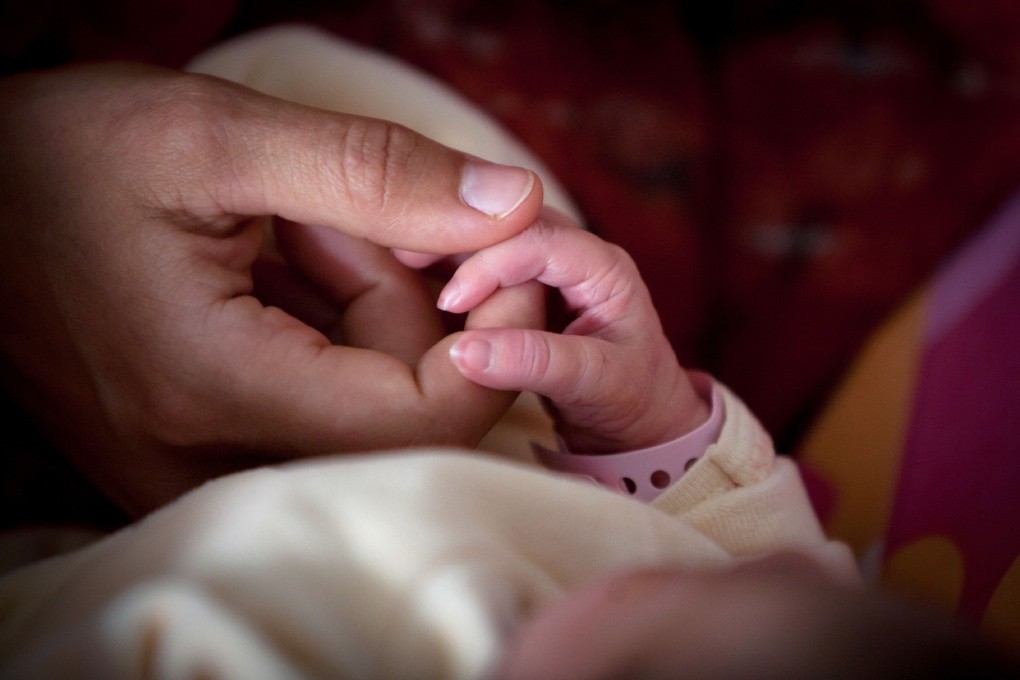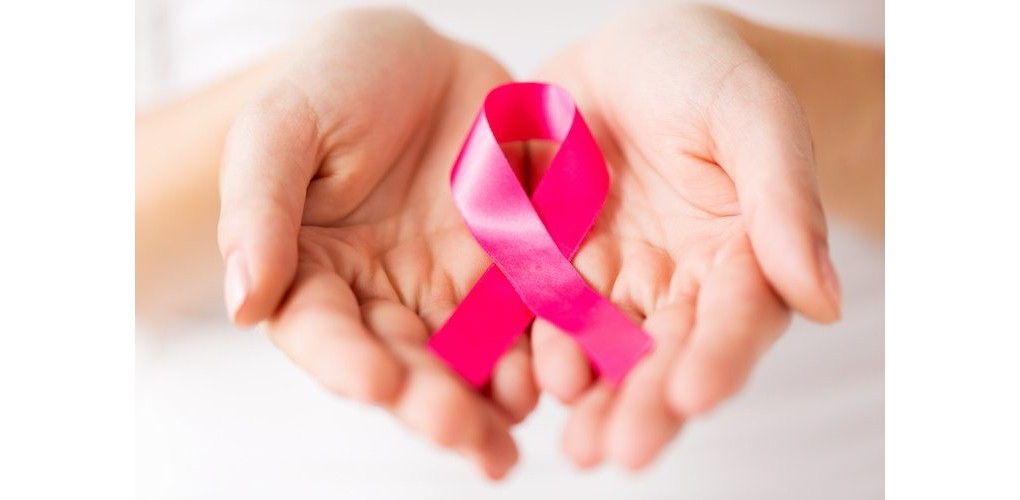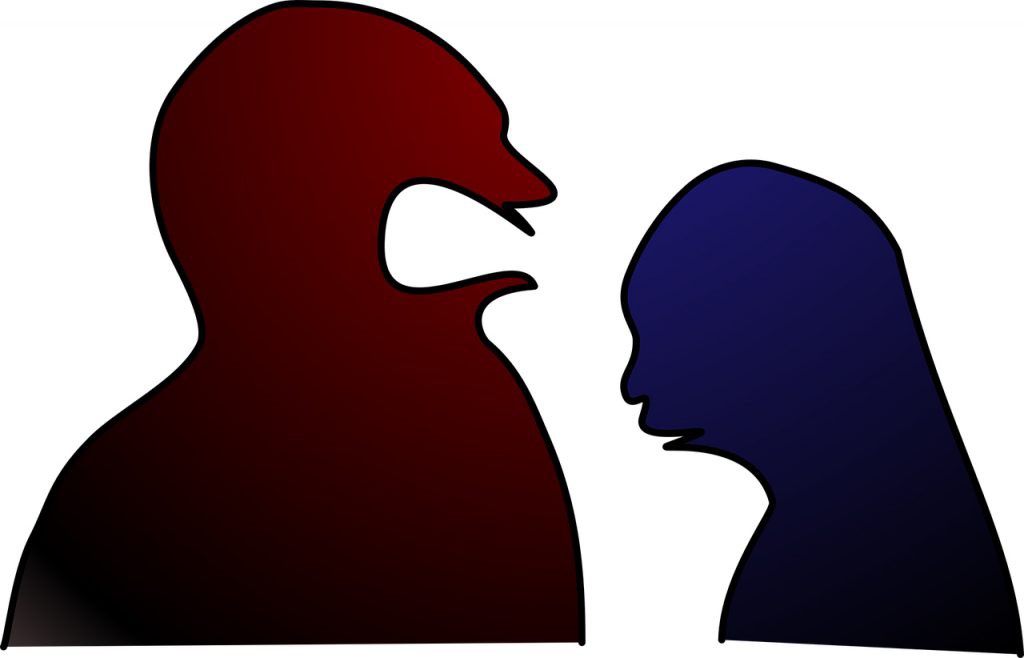Breastfeeding and breast cancer: The shocking reality!

Time and again, the importance of breastfeeding is highlighted in bright and bold. It is the first food and elixir for a child. Mother’s milk is a natural immune-booster enriched with essential nutrients. But it is not only the child that benefits from breastfeeding. It is a blessing even for the mother. Research reveals that Breastfeeding and breast cancer are intricately woven. Among the multitude of benefits, breastfeeding can also lower the risk of breast cancer.
Breast cancer is one of the most commonly diagnosed diseases. It is also a leading cause of death by cancer among cancer. Though women are at a higher risk of getting breast cancer, men too can get it.
The interesting thing to note here is that only 8-10 percent of cancer cases are genetic. The rest of the cancer cases are caused by lifestyle choices. So, by correcting the diet and lifestyle one can reduce the risk of getting cancer. Another way that has been proven to reduce the risk of breast cancer is breastfeeding.
Breastfeeding and breast cancer research
Research shows that breastfeeding lowers the risk of pre- and post-menopausal breast cancer. According to the American Institute for Cancer Research and the World Health Organization, one should breastfeed for at least six months to get the benefits. Breastfeeding longer than six months can provide added protection.
In another study, researchers reported that breastfeeding for every 12 months reduces the risk of breast cancer by 4.3%. The 12 months could be with either one child or as the total for several children.
There is another collaborative study conducted on 37,000 breast cancer cases. It revealed a 20 percent reduction in the risk of developing breast cancer for women who breastfed.
Breastfeeding and other cancers
Australian researchers found that breastfeeding for more than 13 months reduces the risk of ovarian cancer by 63%. Also, it was found that women who breastfed for more than 31 months are at a reduced risk of ovarian cancer by 91%. Breastfeeding lowers ovarian cancer risk by preventing ovulation.
Breastfeeding curbs cancer in the children

Breastfeeding not only reduces the risk of breast cancer. It also lowers the chances of the child getting cancer. According to study evidence, breastfeeding can help prevent the child from being obese later in life. Being obese puts a person at risk for many cancers. This includes pancreatic, breast, endometrial, esophageal, rectal and kidney cancers.
How Breastfeeding reduces breast cancer risk?
Many theories have emerged that have attempted to connect the dots between Breastfeeding and breast cancer. One such theory says that women who breastfeed have fewer menstrual cycles. They have less exposure to the hormone estrogen. This hormone fuels some types of breast cancers.
Another such assumption is that breastfeeding makes breast cells more resistant to mutations. After lactation, the breast sheds a lot of tissue. In this process it also gets rid of cells with damaged DNA, that might cause cancer.
Also, lifestyle factors to have a part to play. Breastfeeding mothers are more likely to give up smoking and drinking. They eat healthier food and take better care of themselves. These factors also contribute to the reduced risk.

But can breastfeeding cause calcium deficiency in the mother?
Babies grow at a rapid pace and that demands a pool of calcium. The little ones get this calcium from the mother’s milk. Women may lose about 3 to 5% of their bone mass during breastfeeding.
Does that mean that breastfeeding can harm the mother?
Absolutely not!!!
Though women lose bone density to some extent during breastfeeding, they recover it fully within 6 months of weaning. Contrary to the perception, breastfeeding does not lead to osteoporosis. Women recover calcium loss rapidly after stopping breastfeeding.
Also, a diet rich in calcium always helps! Thus, there is nothing to lose but everything to gain in this beautiful bond of breastfeeding.
Breastfeeding and breast cancer: Points to ponder!

It is true that breastfeeding can slash the risk of breast cancer. But there is no evidence that says one who breastfeeds will never get breast cancer. Or one who does not breastfeed will get breast cancer.
Also, breastfeeding is not easy, especially for longer durations. It is very common for new mothers to experience some complications in breastfeeding. Consulting a lactation expert can help in finding better solutions in such cases.
Further, According to cancer research, 90–95 percent of cancers are caused by environment and lifestyle factors. So, correcting those aspects will curb the risk. As for motherhood and breastfeeding, it is still the woman’s wish!
Also read about
Weed Out Cancer Pain

















Hi, the Breastfeeding And Breast Cancer:
The Shocking Reality! article it is well written and is very
useful.
That’s how easy it can be to finally enjoy restful nights and see the surpring health benefits for your child.
– http://bit.ly/Gets-Your-Baby-to-Sleep
Your baby is wonderful!! 🙂 Kiss you All!
Hi, the Breastfeeding And Breast Cancer: The Shocking Reality!
article it is well written and is very useful.
By doing this 1 weird trick, can you really
get your baby to sleep in less than one minute? – http://bit.ly/Gets-Your-Baby-to-Sleep
Your baby is wonderful!! 🙂 Kiss you All!